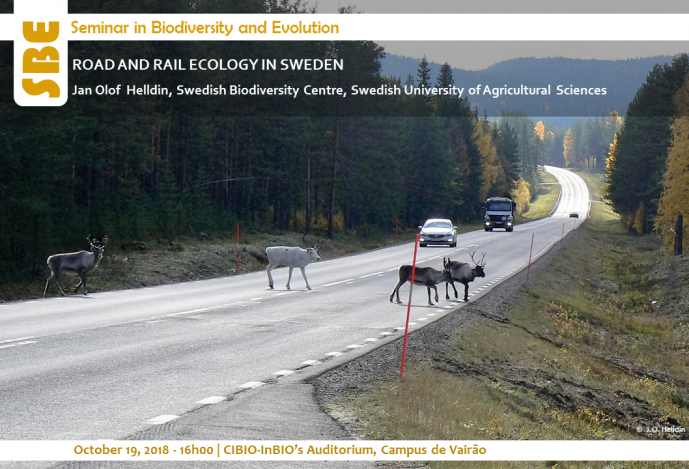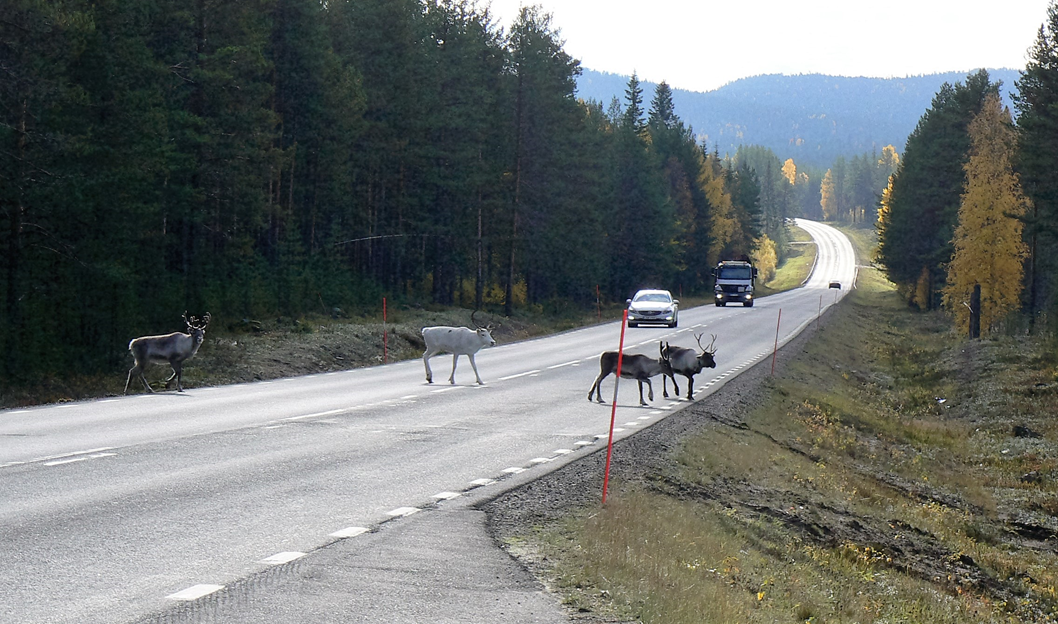ROAD AND RAIL ECOLOGY IN SWEDEN


The impacts of roads and railways on biodiversity are well acknowledged by the Swedish Transport Administration, and large sums and efforts are put into minimizing negative impacts by creation of passages for larger and smaller animals, fencing to prevent wildlife roadkill, mitigation of noise and light disturbance, and avoiding habitats of particular concern. Efforts are also made to promote biodiversity in road and railway habitats such as mowed grasslands, roadside tree rows and railyards. Research is however needed on cost-efficiency of mitigation action, what in current management that has to change, what are the critical limits for action, and where mitigation need to be conducted. We have addressed these question in the research program TRIEKOL (www.triekol.se) since 2009, and continue the task in the nearest years to come. Focus are both on the negative impacts on animals (large mammals, amphibians, birds) and the positive potentials for vegetation and invertebrates in infrastructure habitats.
I will illustrate the state of road and rail ecology in Sweden by examples from previous TRIEKOL research, current practice, and some upcoming studies. Examples include 1) addressing the SLOSS problem of road ecology using circuit theory, 2) effectiveness of amphibian passages to decrease roadkill and barrier effects, 3) critical levels of noise impact on birds, 4) road impacts in Swedish protected areas, 5) the importance of roadside habitats for red-listed plants and invertebrates, 6) the threat to roadside biodiversity from invasive plants.
Jan Olof Helldin is researcher at the Swedish Biodiversity Centre at SLU, Sweden and leader of the national research program TRIEKOL – Applied Road and Rail Ecology (www.triekol.se). His current research focuses on effectiveness of passages for large mammals and amphibians, noise prevention measures for bird conservation, and management of roadsides and railyards as habitat for endangered plants and invertebrates.
[Host: Francisco Álvares, Conservation Genetics and Wildlife Management ]
Image credits: J.O. Helldin